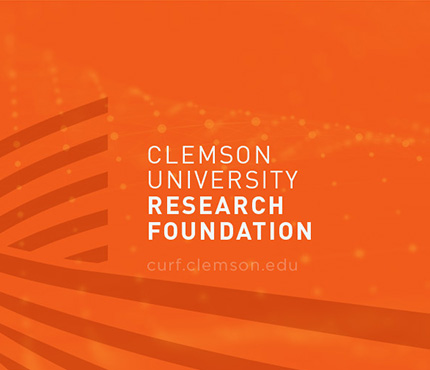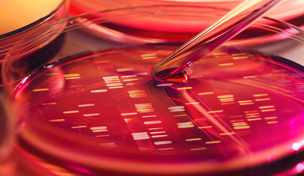Keywords: Regenerative Medicine, Tissue Engineering, Disease Treatment
Market Overview
This bi-functional RGD peptide helps identify ligands and improve functions of endothelial cells, allowing for the development of biomaterials to treat ischemic diseases. According to the Center for Disease Control and Prevention, over 795,000 people in the United States suffer a stroke each year. Of these cases, 87 percent are caused by ischemia – the restriction of blood flow to tissue. Ischemia causes a reduction in oxygen and energy as well as a build-up of waste products for tissues and organs. In severe cases, it can cause organ failure and lead to diseases such as ischemic heart disease or stroke. Recent research, however, suggests therapeutic angiogenesis holds remarkable promise to treat ischemic diseases and for developing viable tissue engineering strategies. To this end, Clemson University researchers have combined modern bioinformatics and a newly established peptide-functionalized hydrogel microarray to identify a bi-functional RGD peptide that promotes therapeutic angiogenesis. This discovery allows for the development of multi-functional biomaterials for treating ischemic diseases and the fabrication of pre-vascularized tissue engineering constructs.
Applications:
Biomaterials; tissue engineering; ischemic diseases
Technical Summary:
While previous studies have focused on the identification of biological ligands to improve the functions of endothelial cells, Clemson University researchers have combined modern bioinformatics and a newly established peptide-functionalized hydrogel microarray technology to identify peptides with high affinity to endothelial cell bioinformatics, a library of RGD peptides derived from various vascular endothelium extracellular matrix proteins was constructed. The newly established peptide-functionalized hydrogel microarray was then used to screen the RGD peptide library for the high affinity ligands to endothelial cell integrin. This enabled the identification of a RGD peptide with dramatically enhanced ability to promote endothelial cell adhesion, spreading, and proliferation in comparison with the currently used RGDS/RGDS peptide.
Advantages:
- Allows for the development of pro-angiogenic biomaterials, assisting in the treatment of ischemic diseases
- Demonstrates significantly improved properties to promote endothelial cell functions over currently used peptides
Technology Overview
State of Development
In vivo studies underway
Patent Type
Provisional
Category
Serial Number
62,405,523
CURF Reference No.
2016-060
Inventors
Dr. Ying Mei
For More Info, Contact:
curf@clemson.edu
(864) 656-0797
Contact
Latest News from CURF
Stay up-to-date with the latest trends in the innovation and research industry. Sign up for our newsletter to see how CURF is making a difference and impacting the economy where we live.









